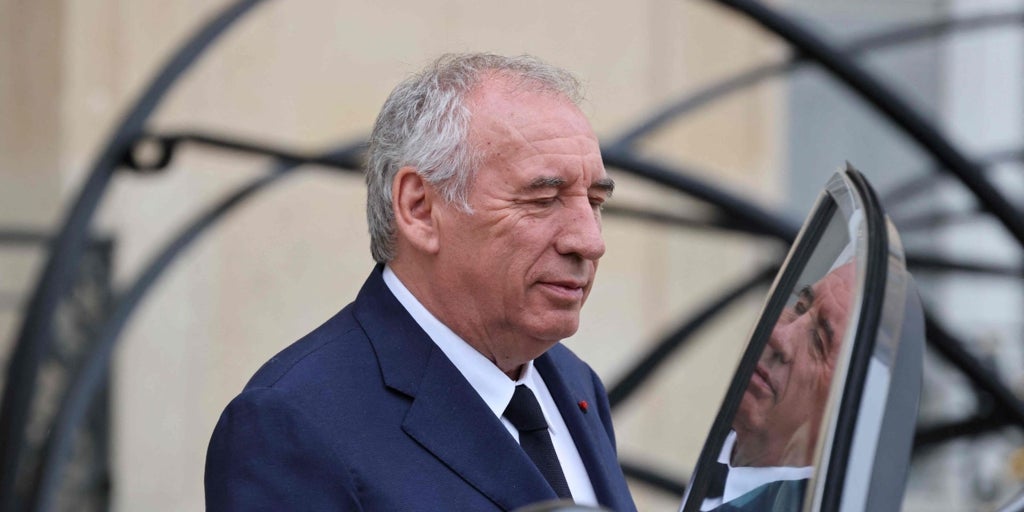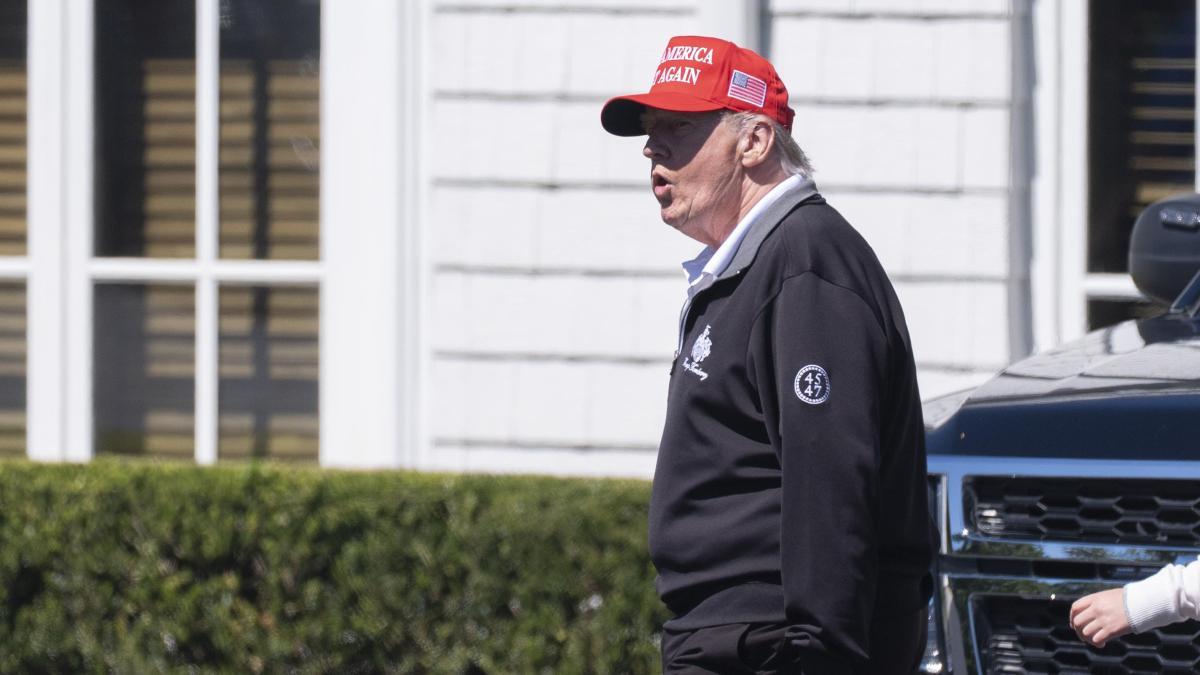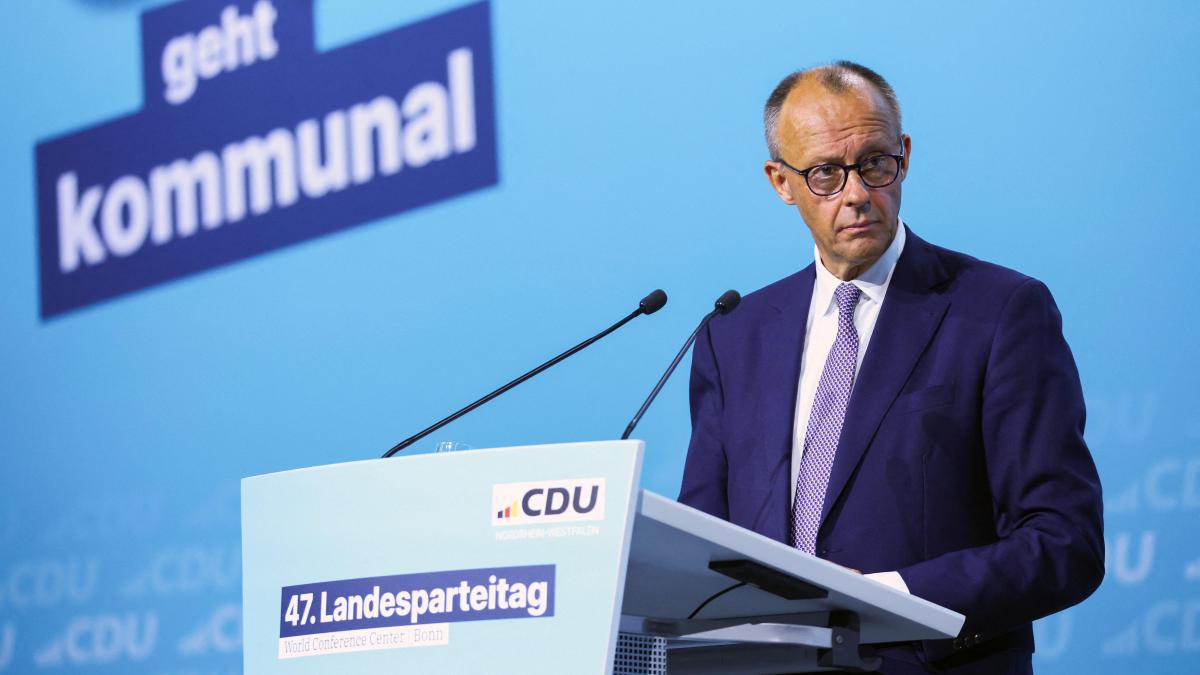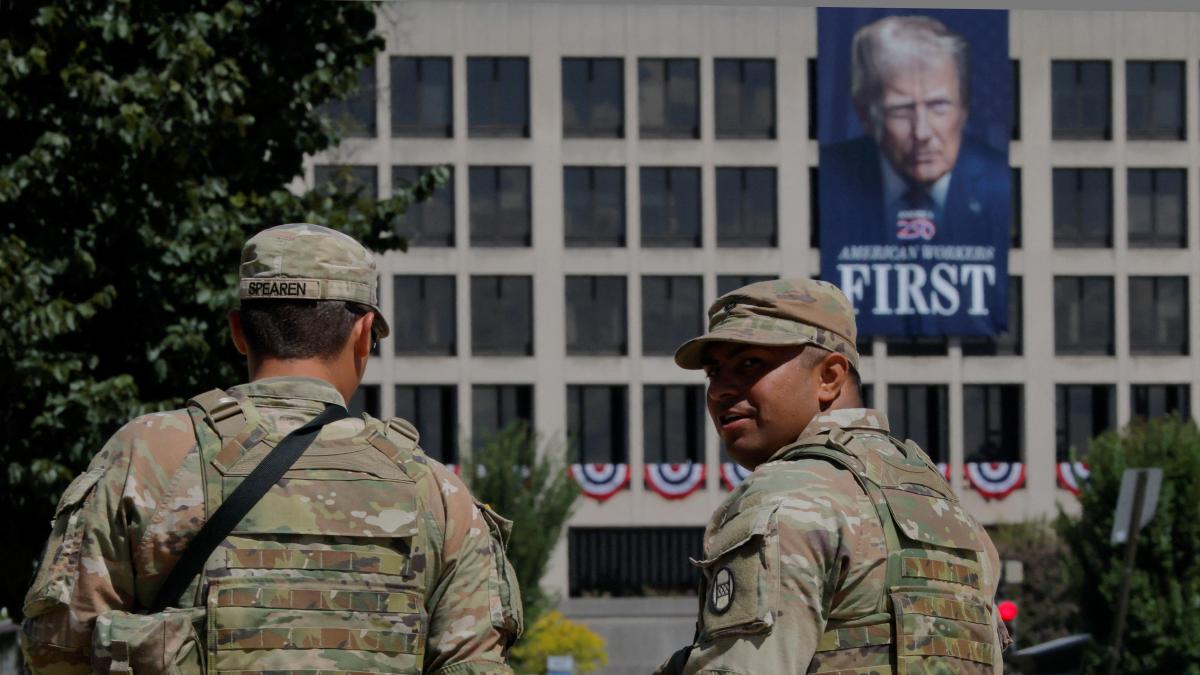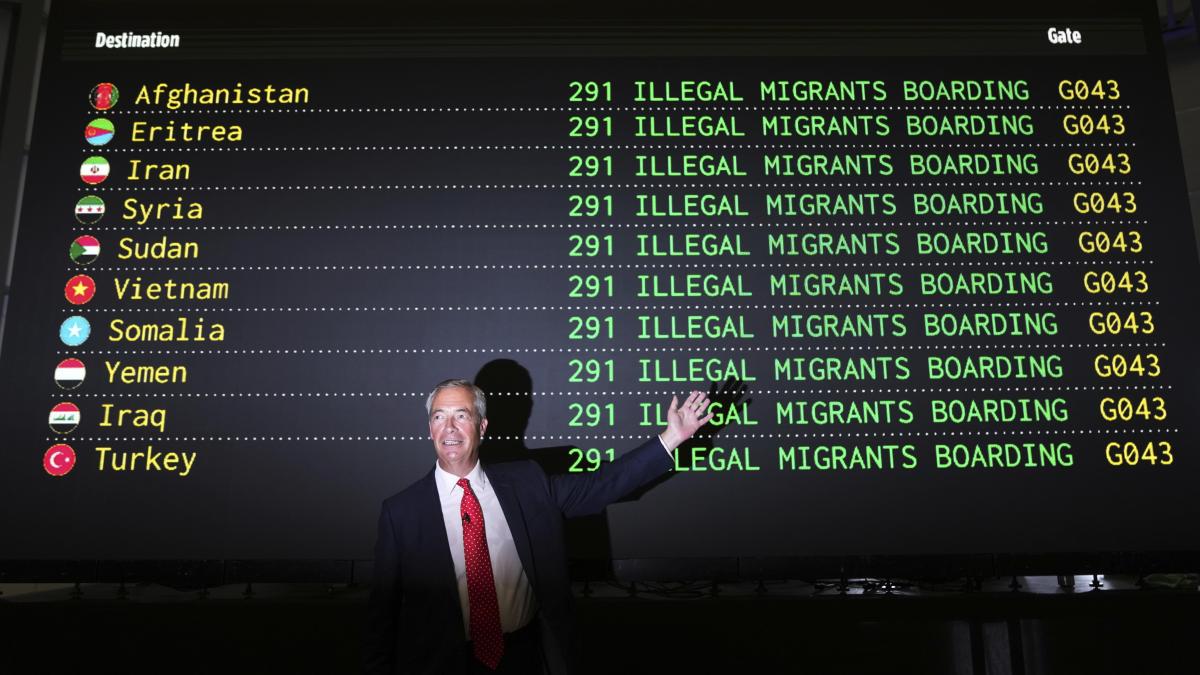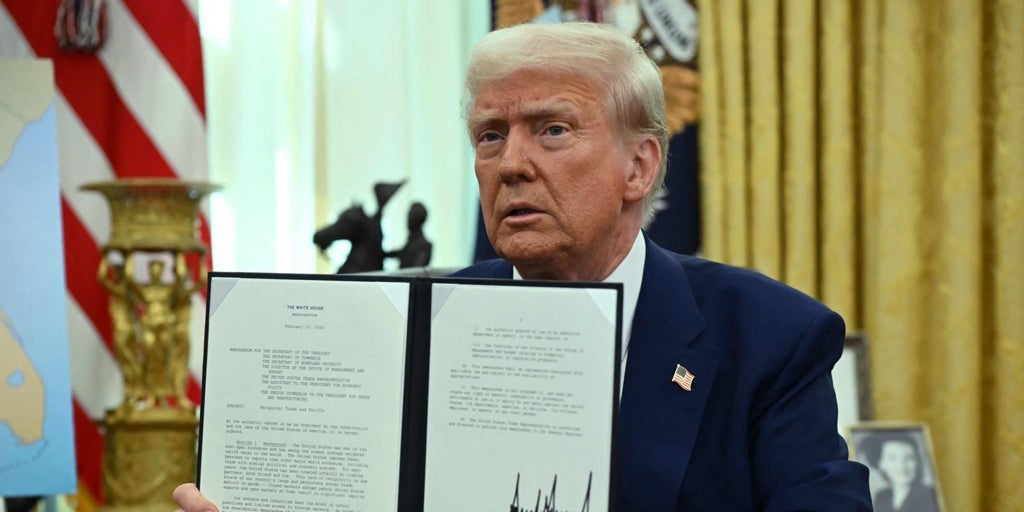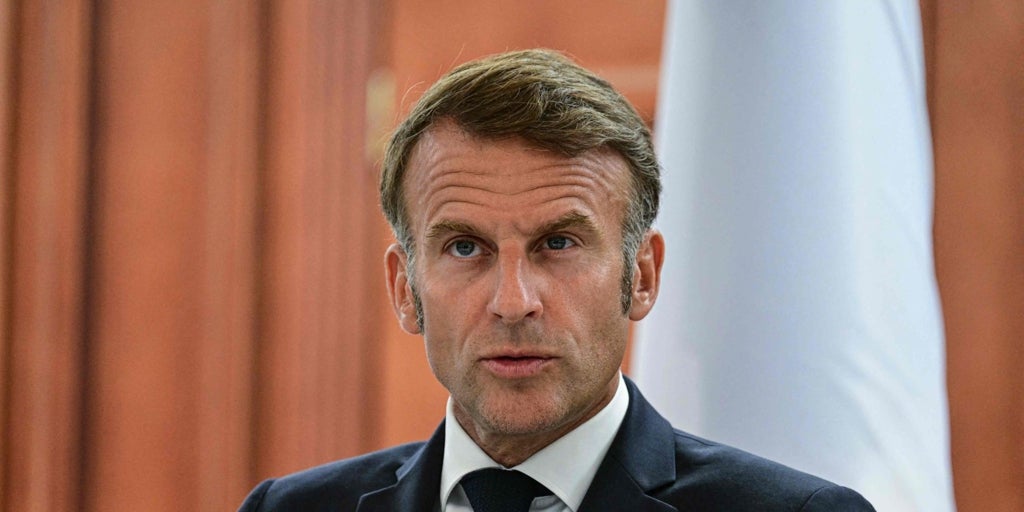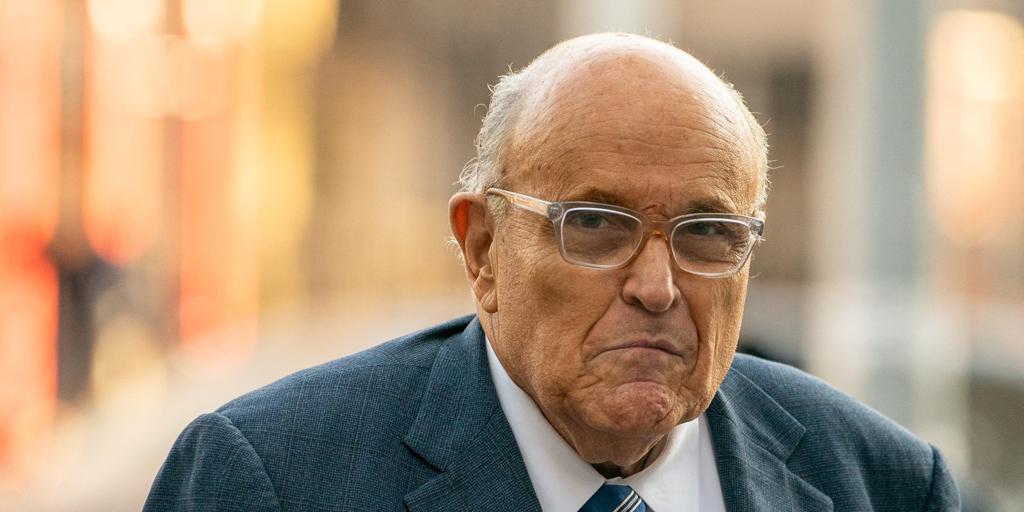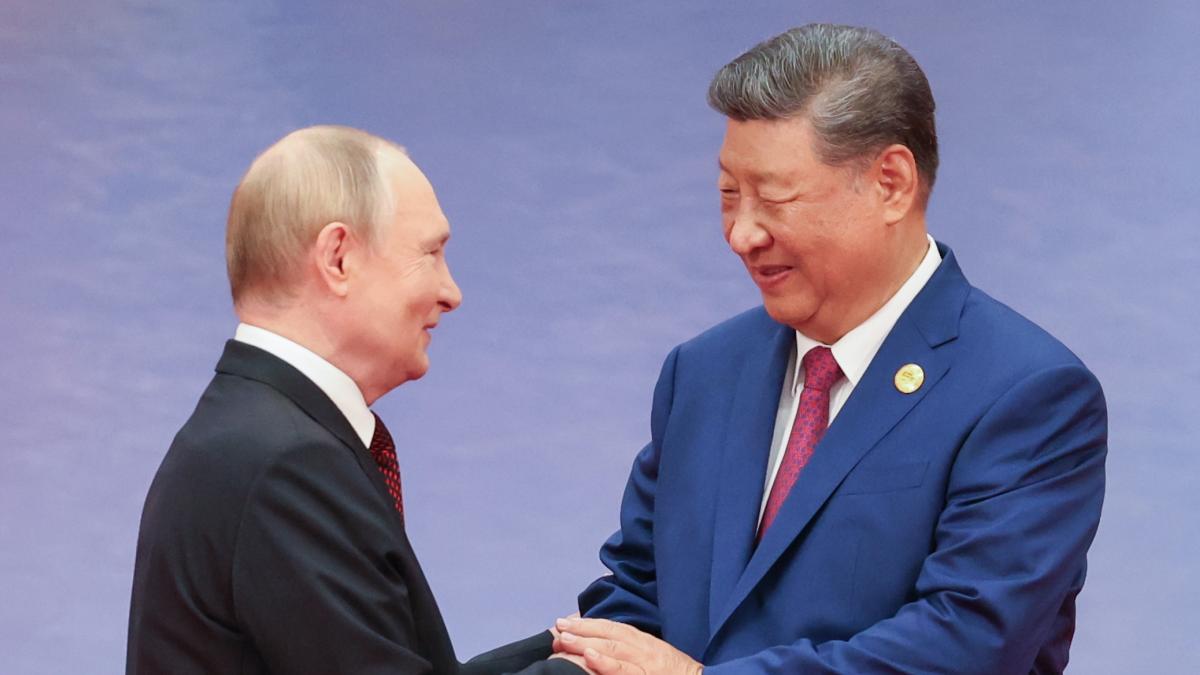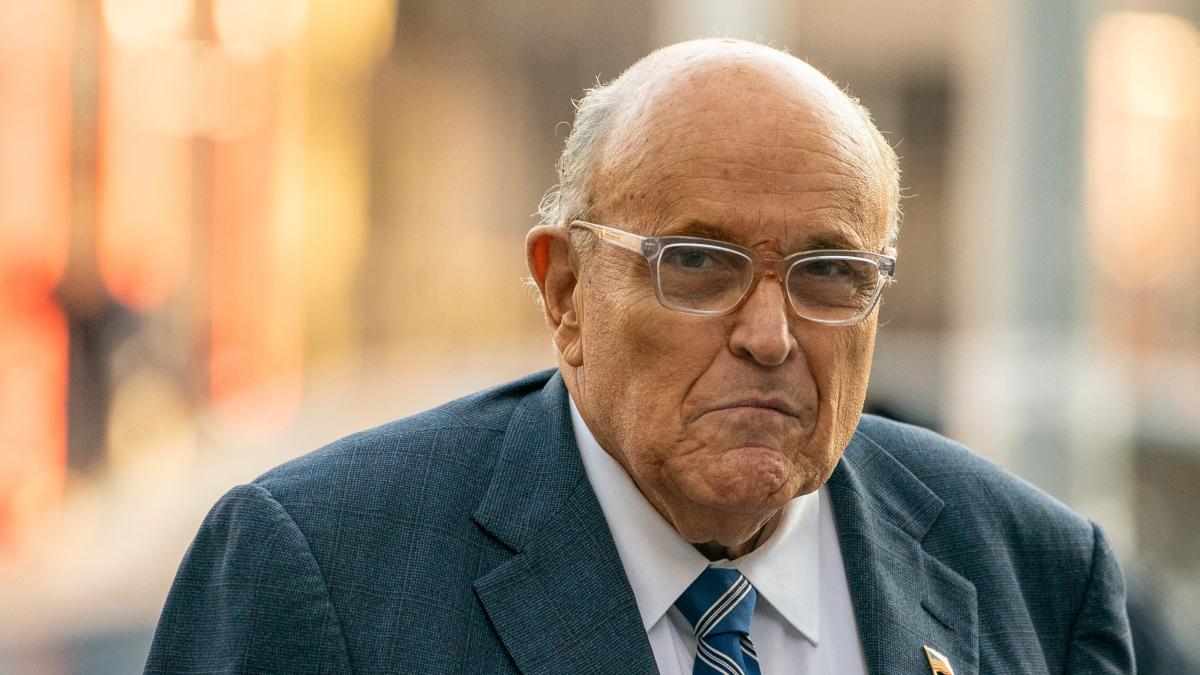In a stunning development for the American economic landscape, President-elect Donald Trump has announced the appointment of Howard Lutnick, the billionaire CEO of Cantor Fitzgerald, as his new Commerce Secretary. This move sends shockwaves through the political sphere, especially as Trump prepares to initiate widespread import tariffs as a cornerstone of his administration’s economic strategy.
Howard Lutnick: A Controversial Choice
Howard Lutnick, a prominent financier and major donor to Trump’s campaigns, is known for his tenure at Cantor Fitzgerald, a firm he led through the aftermath of the September 11 attacks, where he lost hundreds of employees. His philanthropic efforts following the tragedy garnered him significant media attention, presenting him as a leader who turned personal tragedy into a push for social good through the Cantor Fitzgerald Relief Fund.
The selection of Lutnick not only reflects Trump’s commitment to reshaping the U.S. economy but also the alignment with his campaign’s rhetoric of prioritizing American businesses over global trade agreements. As a co-chair of Trump’s transition team, Lutnick’s influence on critical economic policies could be profound.
A Promise of Tariffs: Economic Warfare or National Protection?
During his campaign, Trump made bold promises to implement tariffs aimed at protecting American jobs by penalizing foreign imports. This policy is meant to foster manufacturing within the United States and curb what Trump describes as unfair trade practices by rival nations. The anticipated tariffs, reminiscent of the Trump–China trade war from his first administration, signal a return to a more protectionist economic stance that harkens back to earlier Republican principles.
In January 2018, Trump first introduced tariffs on solar panels and washing machines. Shortly thereafter, tariffs on steel and aluminum imports escalated tensions not only with China but also with critical allies including Canada and Mexico. This catapulted the U.S. into a heightened trade conflict, leading to retaliatory measures from affected countries.
As Lutnick steps into his new role, his close ties to Wall Street and the financial sector could influence Trump’s strategy. Analysts speculate whether Lutnick’s approach will favor more collaborative trade negotiations or if it will further exacerbate existing tensions between the U.S. and other nations.
Impact on Domestic Industries: A Double-Edged Sword?
Economists have long debated the impact of tariffs on domestic industries. While proponents argue that tariffs can shield American businesses from foreign competition, opponents point to the potential for increased costs for consumers, reduced economic growth, and retaliatory tariffs from international partners.
Research conducted during Trump’s previous administration indicates that tariffs imposed on steel and aluminum resulted in significant price hikes for American manufacturers. Industries heavily reliant on these materials reported increased operational costs, which were often passed down to consumers in the form of higher prices. A 2019 study by the National Bureau of Economic Research outlined how these tariffs adversely affected U.S. real income and overall GDP. These factors contribute to a complex economic landscape where the benefits of tariff protection are weighed against the potential damage inflicted on trade relationships.
Lutnick’s Financial Background: A Potential for Change?
Lutnick’s background in finance may present unique opportunities for reshaping Trump’s economic agenda. As the head of Cantor Fitzgerald, he has been involved in innovative financial pursuits, including introducing electronic trading systems that transformed the trading landscape post-September 11. His ingenuity in navigating the finance sector leads some to believe that Lutnick may push for a more nuanced and strategic approach to tariffs.
Furthermore, Lutnick’s previous role as a fundraiser for Trump illustrates a relationship that could lead to greater alignment in economic policies. However, skeptics question whether his corporate interests will take precedence over the broader economic health of the American middle class.
Conclusion: A Future of Uncertainty
The impending policies under Lutnick’s stewardship at the Commerce Department raise important questions about the future of international trade relations and economic stability in the United States. As Trump renews his commitment to production and jobs within the country through aggressive tariffs, the implications for American consumers and industries remain uncertain. Whether this strategy will yield the promised economic benefits or lead to unintended consequences similar to those faced during the last administration is yet to be seen.
Both Trump and Lutnick are poised to make waves in the political and economic spheres, but as history has shown, the path of protectionism is fraught with challenges. The world will be watching closely as the new administration unveils its economic policy and navigates the tumultuous waters of international trade.


